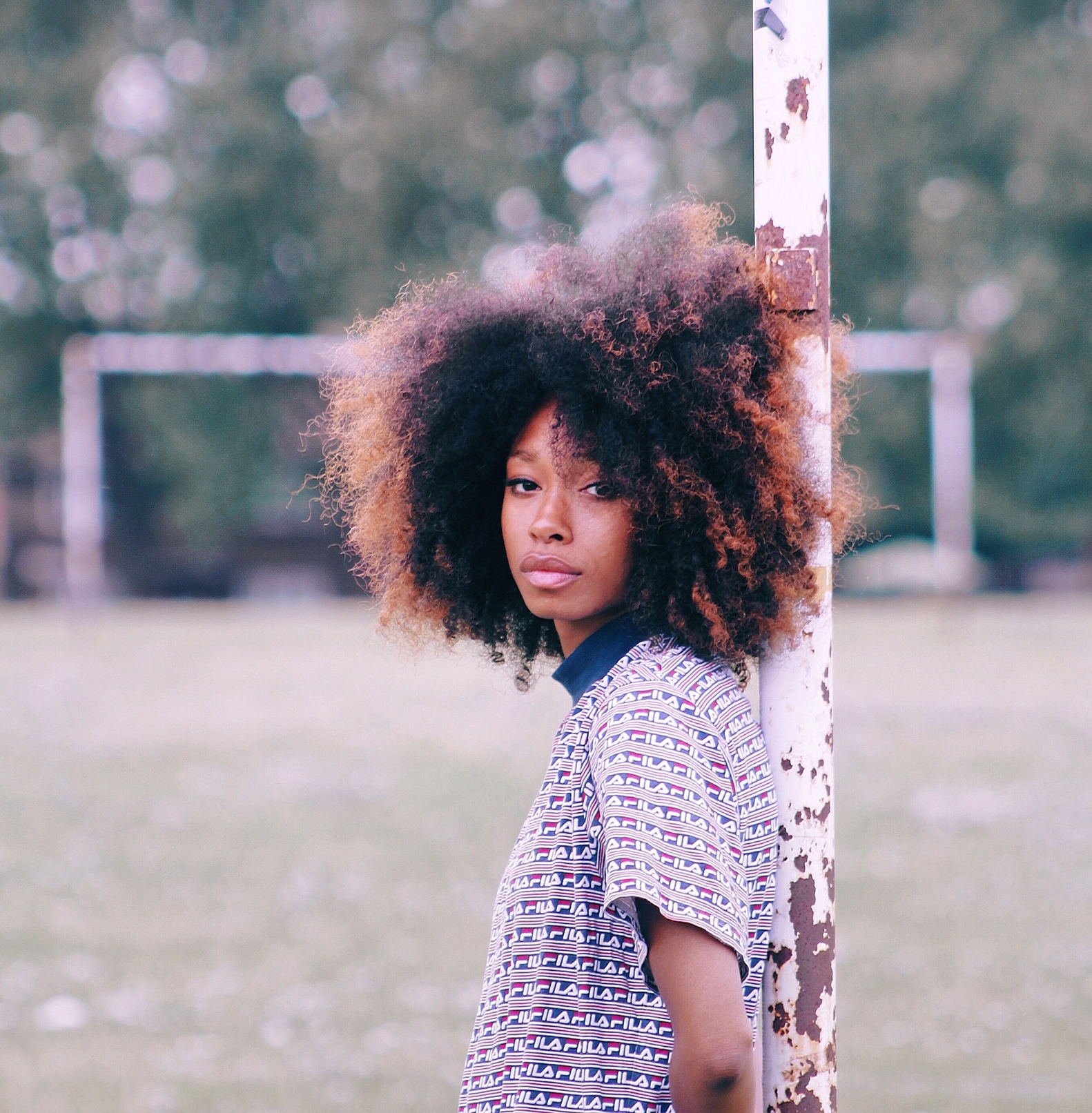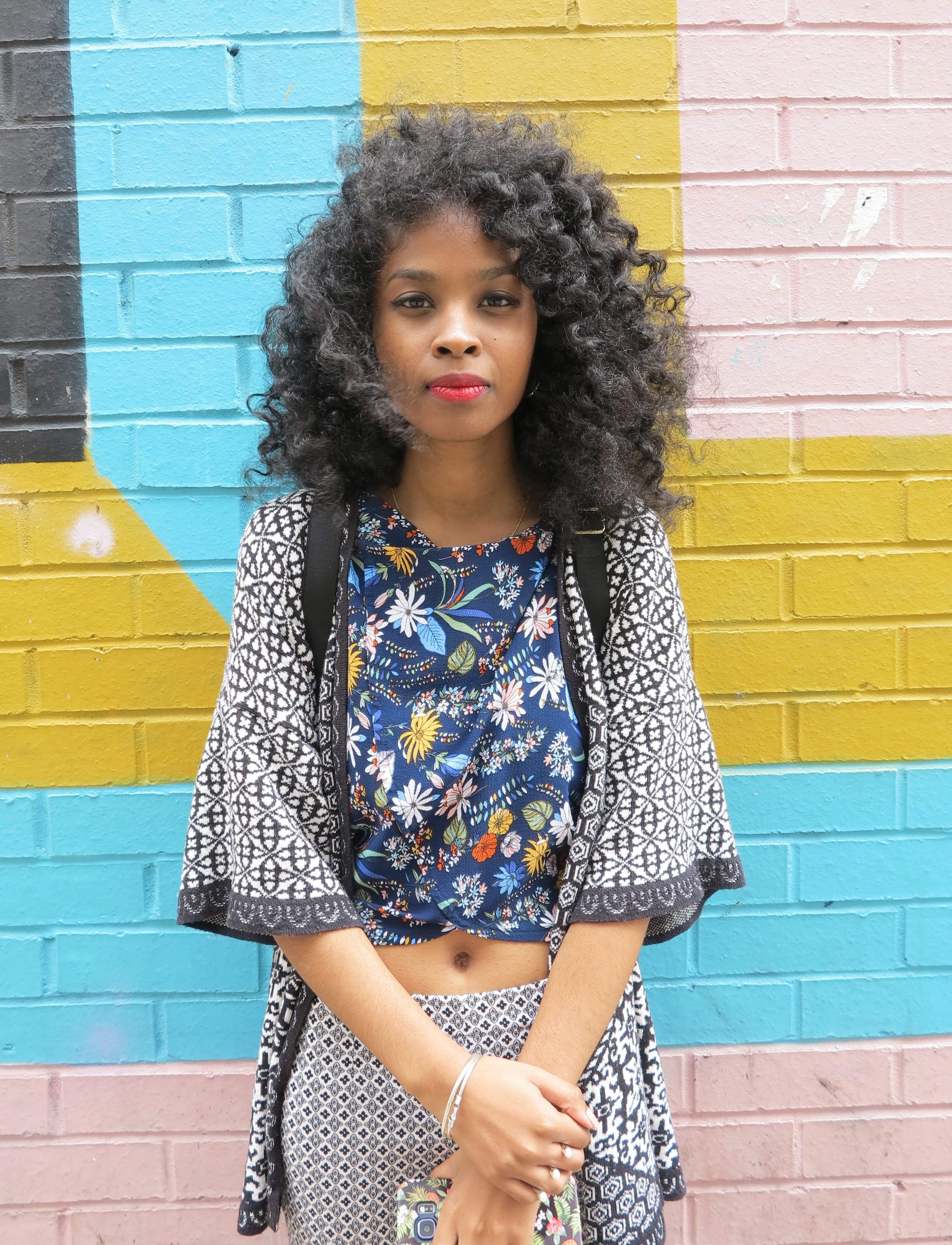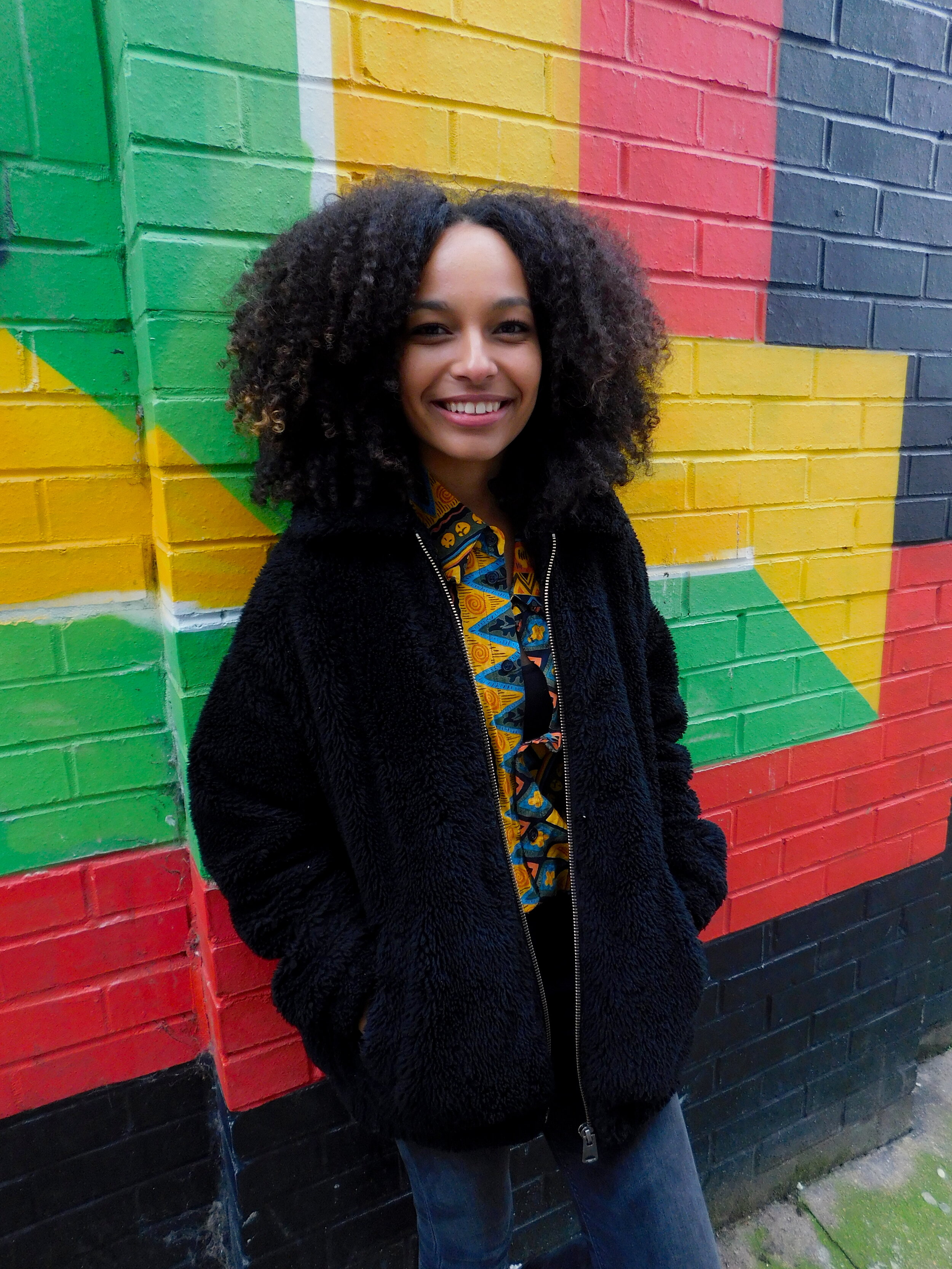Curly hair has well and truly hit trend status with leading professionals talking texture for years now. A vibration of the world’s welcome respect for ‘individual,’ humans are walking hair high with curl, fro, frizz and for some, fortune – many beauty giants calling up (and cashing in) on the people who made it popular. But it hasn’t always been a spotlight of sensation for our curly haired friends, discrimination, misunderstanding and a constant call to conform a daily reality.
A new photographic exhibition created by Johanna Yaovi aims to challenge beauty standards through exploring the relationship between natural hair, femininity, female empowerment and race, showcasing portraits of curly haired women. Titled The Curl Talk Project, each image is paired with a short story detailing the highs, lows and loves of living with texture.
“Most of us made our hair go through damaging relaxing and straightening procedures, but I couldn’t find women testimonials explaining why we would make our curls suffer as such. I was convinced that this was going beyond aesthetic or practical purposes,” Johanna says.
“I hope people understand that we are all important and deserve concrete representation, whatever our hair type, skin tone, sexuality or condition is.”
Here is a glimpse of the exhibition that will take place 6th-9th March at Hoxton 253 Gallery in London to mark International Women’s Day. Tickets are free





